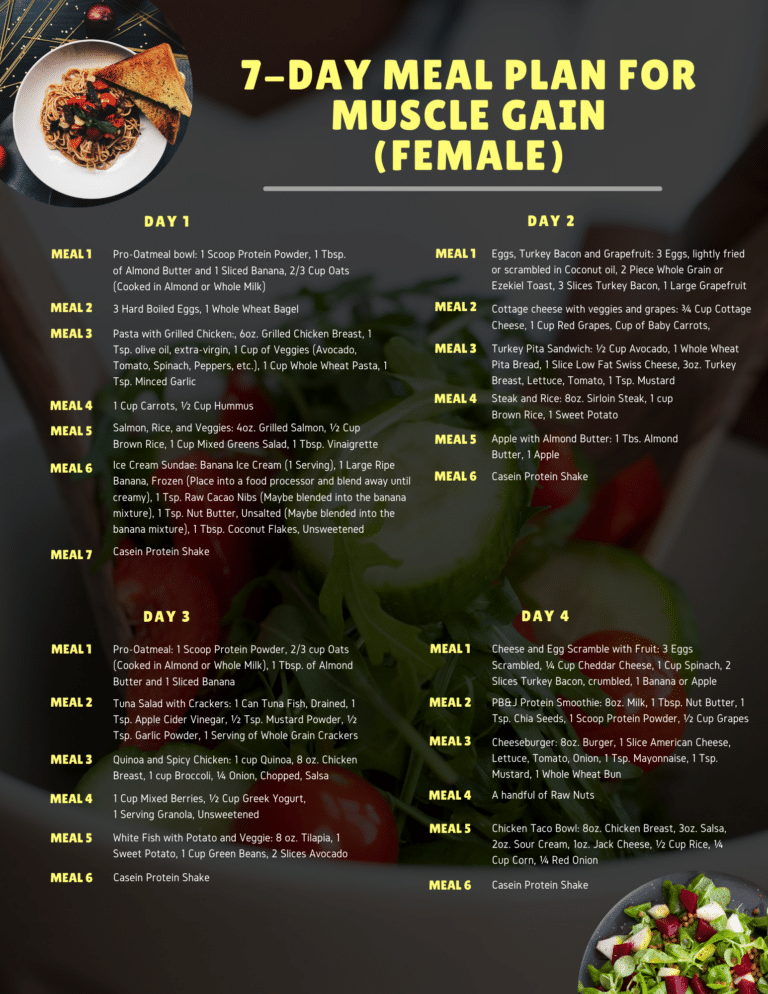From Keto to Paleolithic: Decoding Contemporary Diet Patterns
Recently, the world of nutrition has been bursting with a diverse array of diet trends, each promising its distinct benefits and outcomes. From the high-fat, low-carb approach of the Keto diet to the whole-food focus of the Paleo lifestyle, the options can be confusing for anyone looking to choose a path that aligns with their health goals. As our knowledge of nutrition evolves, so too do the popular diets, each offering different strategies for weight loss, muscle building, and overall well-being.
Navigating through these diverse diets demands not just knowledge but also an understanding of your own body and lifestyle. Are Weight loss looking for something entirely plant-based, like a vegan diet, or are you drawn towards the heart-friendly Mediterranean approach? Perhaps you’re interested about intermittent fasting or the health benefits of the DASH diet. In this article, we will examine the most popular diet trends, discussing their pros and cons, and providing information into which might fit your individual needs. Whether you are a seasoned dieter or just starting out, this guide serves as a valuable resource in your journey toward understanding modern nutrition.
Introduction of Well-Known Dietary Types
In today’s health-conscious environment, various dietary approaches have surfaced, each designed to cater to different lifestyle choices, health goals, and personal preferences. From the low-carb ketogenic diet to the vegan approach, individuals are more and more considering options that not only guarantee weight loss but also focus on enhancing overall well-being. Among the top are the Paleo diet, which focuses on whole foods similar to our ancestors' diets, and the Mediterranean diet, famed for its heart-healthy benefits due to an abundance of fruits, vegetables, and healthy fats.
Intermittent fasting is another trend that has drawn interest, stressing the importance of when you eat rather than what you eat, allowing periods of eating and fasting. This method is designed to optimize metabolism and improve weight management while fitting into countless lifestyles. Additionally, diets focusing on specific health needs, such as the gluten-free or FODMAP diets, offer tailored solutions for those with sensitivities or medical conditions, demonstrating the diversity of dietary methods currently.
As you dive into these diets, it is important to understand how they align with individual health aims, ethical beliefs, and lifestyle choices. Whether one is looking for effective weight loss solutions, sustainable eating practices, or a regimen to manage health conditions, the variety of current diets provides numerous paths to explore for attaining healthier living.
Contrastive Analysis of Nutrition Trends
The evolution of nutrition patterns demonstrates transforming cultural norms, scientific understanding, and individual health goals. One notable change has been the emergence of low-carb nutrition plans like the Keto diet and Paleo, which emphasize high protein and fat intake while reducing carbohydrates. These diets have seen popularity due to potential weight loss benefits and the appeal of eating whole foods. In opposition, vegetarian nutrition plans and veganism have surged as awareness of sustainable eating grows, reflecting a societal change toward health and environmental issues.
Another notable pattern is the rising interest in specific nutrition plans such as the FODMAP nutrition plan for digestive health and the DASH diet for heart health. These diets address specific medical issues, demonstrating a growing recognition that one-size-fits-all approaches to nutrition may not be effective. Consumers are growing more informed about how food can affect their individual health, leading to nutrition plans that focus on personal well-being over general patterns.

Lastly, the popularity of nutrition plans like the Mediterranean and Whole30 shows a shift towards balanced, whole-food methods that prioritize long-term health rather than quick solutions. These nutrition plans support a variety of food groups, promoting a sustainable lifestyle change rather than temporary dieting. As people seek holistic solutions to weight management and health improvements, the shift from trendy nutrition plans to more sustainable practices may persist to shape food choices in the future.
Selecting the Best Nutrition Plan for Your Lifestyle
While selecting a diet, it's important to take into account your individual way of living, preferences, and objectives. For illustration, if you experience a fast-paced life with limited time for meal prep, a diet that focuses on simplicity, such as the Mediterranean diet or a plant-based approach, may be suitable for you well. These nutrition plans usually provide for flexibility in meal choices and can accommodate quick meals without compromising nutritional quality.
One more key factor is your specific health and any dietary limitations you might have. For those with particular health issues, like diabetes or gluten intolerance, it’s crucial to select diets specifically tailored to manage these issues, including the diabetic diet or gluten-free diet. Knowing how various diets influence your body can help you make an informed choice that promotes your overall health and wellbeing.
Finally, think about your long-term goals and lifestyle durability. Diets like the flexitarian diet or Intermittent Fasting may be more effective if you are after a balanced approach that doesn’t come across as restrictive. Considering how a diet matches with your beliefs, meals you enjoy, and the social aspects of eating will ultimately help you adhere to it over time. Choosing web that seems natural to your daily schedule is key to achieving lasting success.